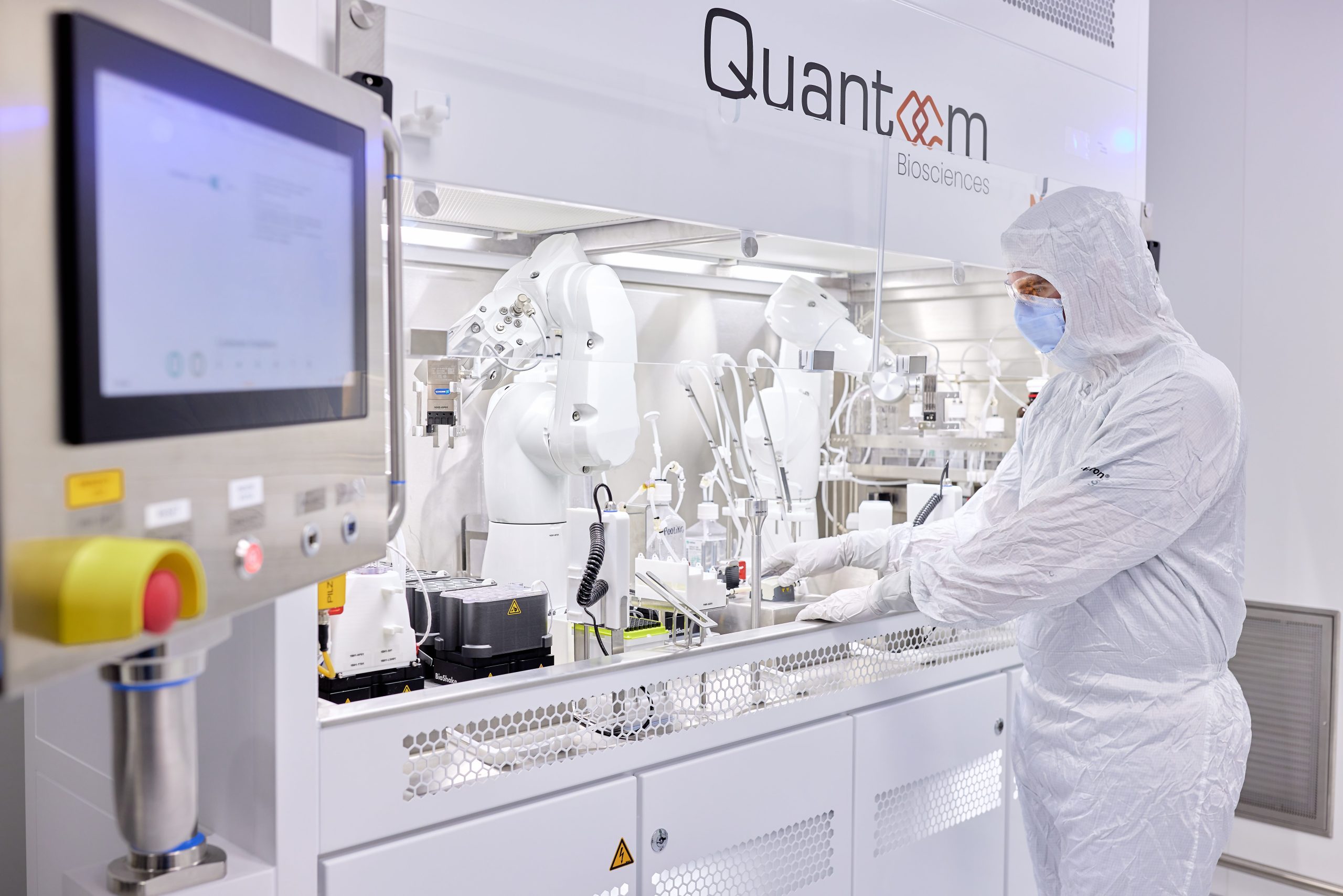Press Release
ImmuneWatch, Quantoom Biosciences (“Quantoom”) and UAntwerp (Lab of Experimental Hematology) are delighted to announce a public-private partnership in a project under the “Pandemic Preparedness” call, launched by the University of Antwerp in 2022.
“The goal of this project is to assess if a detailed analysis of the T-cell receptor response can be utilised to inform vaccine design and augment the vaccine development process.” says Prof. Eva Lion, who will be the principal investigator in the project. “We believe that our proposed methodology could reduce time and expenditures in the preclinical development process of vaccines”, she continues.
More affordable and accessible vaccines for rabies
The collaborative team has chosen to work on a rabies vaccine candidate as a proof-of-concept. “Although safe, effective vaccines are available for human and animal use, the current vaccines are too expensive and generally inaccessible for widespread use in regions where the risk of bites from rabid animals is highest.” says Conor Cahill, Head of Vaccine Development at Quantoom. “mRNA approaches offer an opportunity to provide affordable vaccines with the possibility of manufacturing in low- and middle-income countries. Deeper insights into how these approaches elicit cellular immune responses may help us improve these already impactful interventions.”
This is where the expertise of ImmuneWatch comes in. “Our in-silico platform is designed to help vaccine developers choose the right vaccine candidates.” says Sander Wuyts, CEO at ImmuneWatch. “It is based on a set of AI-driven algorithms that exploit the large amounts of biological data available, to prioritise the candidates that have the highest chance of eliciting good T-cell responses. This kind of in silico analysis has the potential to de-risk failure in clinical trials.”
Optimising vaccines for rabies, and more.
While the team is currently working on rabies as a proof-of-concept, they are convinced that their technology could expand to other pathogens as well. This project originates from the early work in cancer models done by the LEH. “By developing and testing these assays now, like we do for cancers, we should be ready to deploy them when another pathogen with pandemic potential hits”, concludes Prof. Lion.
Contact Us
Please complete the form below for any commercial, partnering, media, press, or general inquiries.
If you need to contact our customer service team, please click on the button below.

